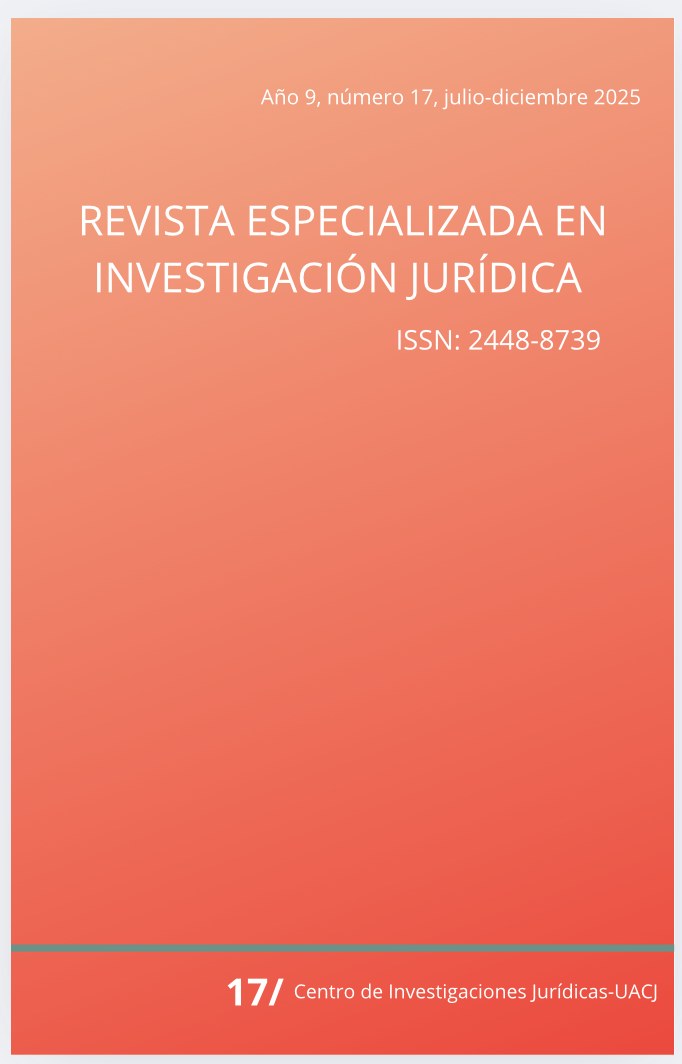Designation of extraordinary support in the exercise of legal capacity in Mexico
Interdiction is the legal figure through which a person with a disability can exercise their rights, through a representative, but it is restrictive, because undermines the full exercise of the rights of people with disabilities, lacerating their independence and decision making, the problem is that...
Gardado en:
| Main Authors: | , |
|---|---|
| Formato: | Artículo de investigación |
| Idioma: | spa |
| Publicado: |
Instituto de Ciencias Sociales y Administración
2025
|
| Subjects: | |
| Acceso en liña: | http://erevistas.uacj.mx/ojs/index.php/reij/article/view/6907 |
| Tags: |
Engadir etiqueta
Sen Etiquetas, Sexa o primeiro en etiquetar este rexistro!
|
| Summary: | Interdiction is the legal figure through which a person with a disability can exercise their rights, through a representative, but it is restrictive, because undermines the full exercise of the rights of people with disabilities, lacerating their independence and decision making, the problem is that, since there are no gradations in it, it completely replaces the rights of the person subject to interdiction, giving total control to his legal representative. It is argued that this figure is clearly detrimental to the rights of people with disabilities, especially when talking about equality, autonomy, freedom in decision-making and independence. The Mexican National Code of Civil and Family Procedures establishes a new procedure for the designation of extraordinary support in the exercise of legal capacity. The objective of this research is to carry out a comparative analysis of the figure of interdiction with the new procedure, using the analogical method and legal hermeneutics. From the review carried out, it can be concluded that the figure of interdiction is outdated and inadequate to address the situations of people with intellectual disabilities in Mexico and that the new procedure for extraordinary support is more in line with the terms of the Convention on the ... |
|---|---|
| ISSN: | 2448-8739 |
